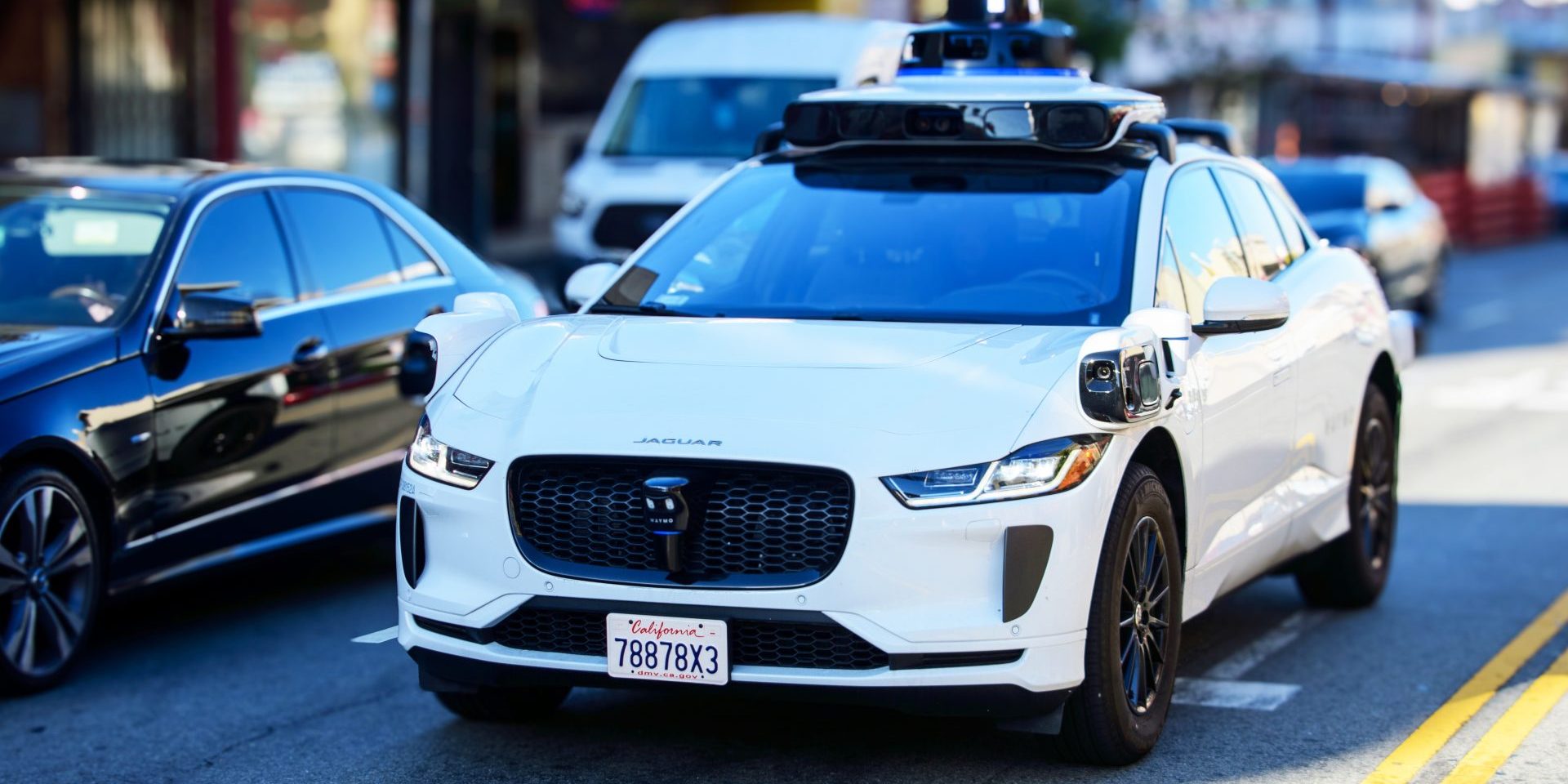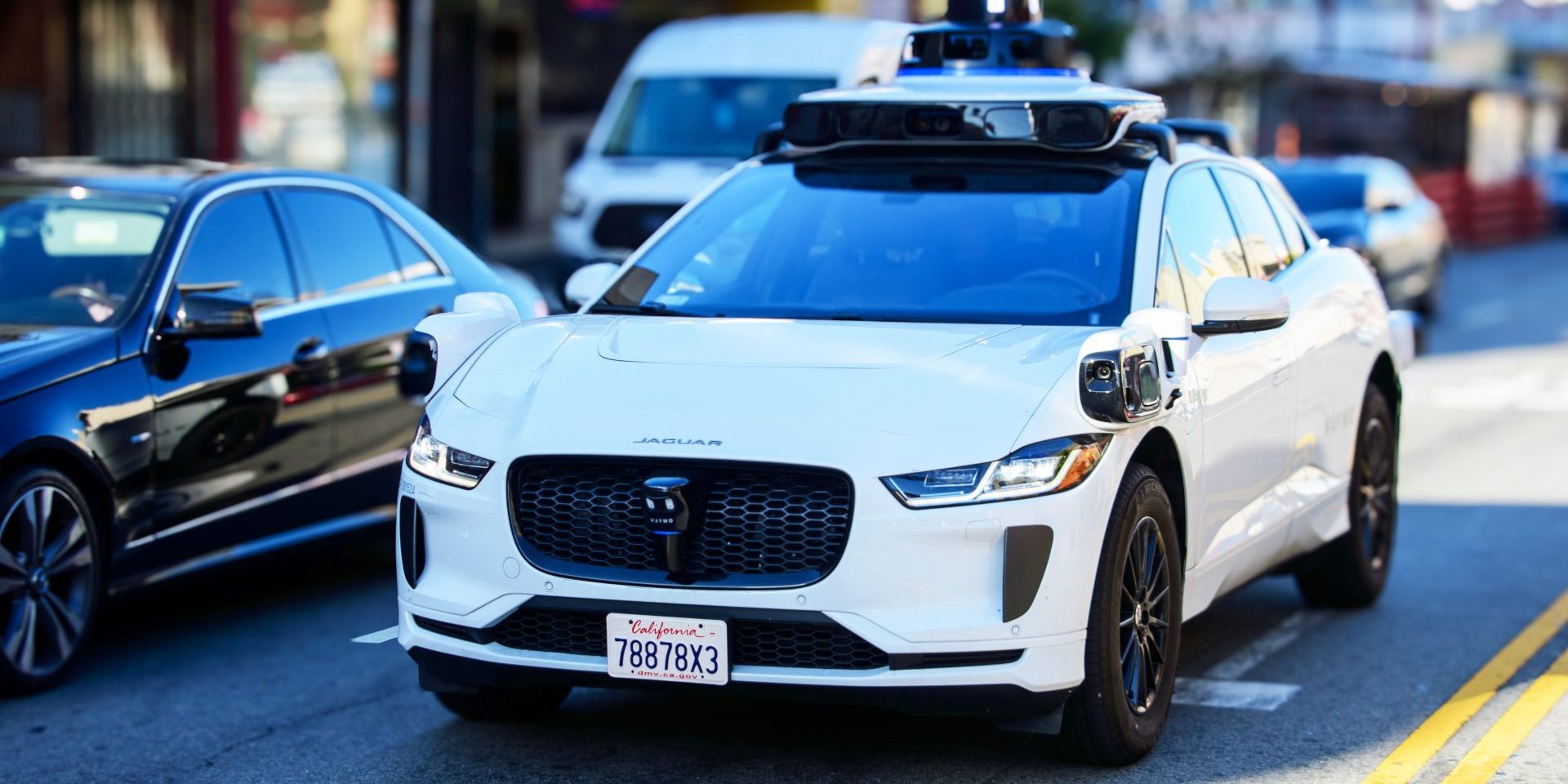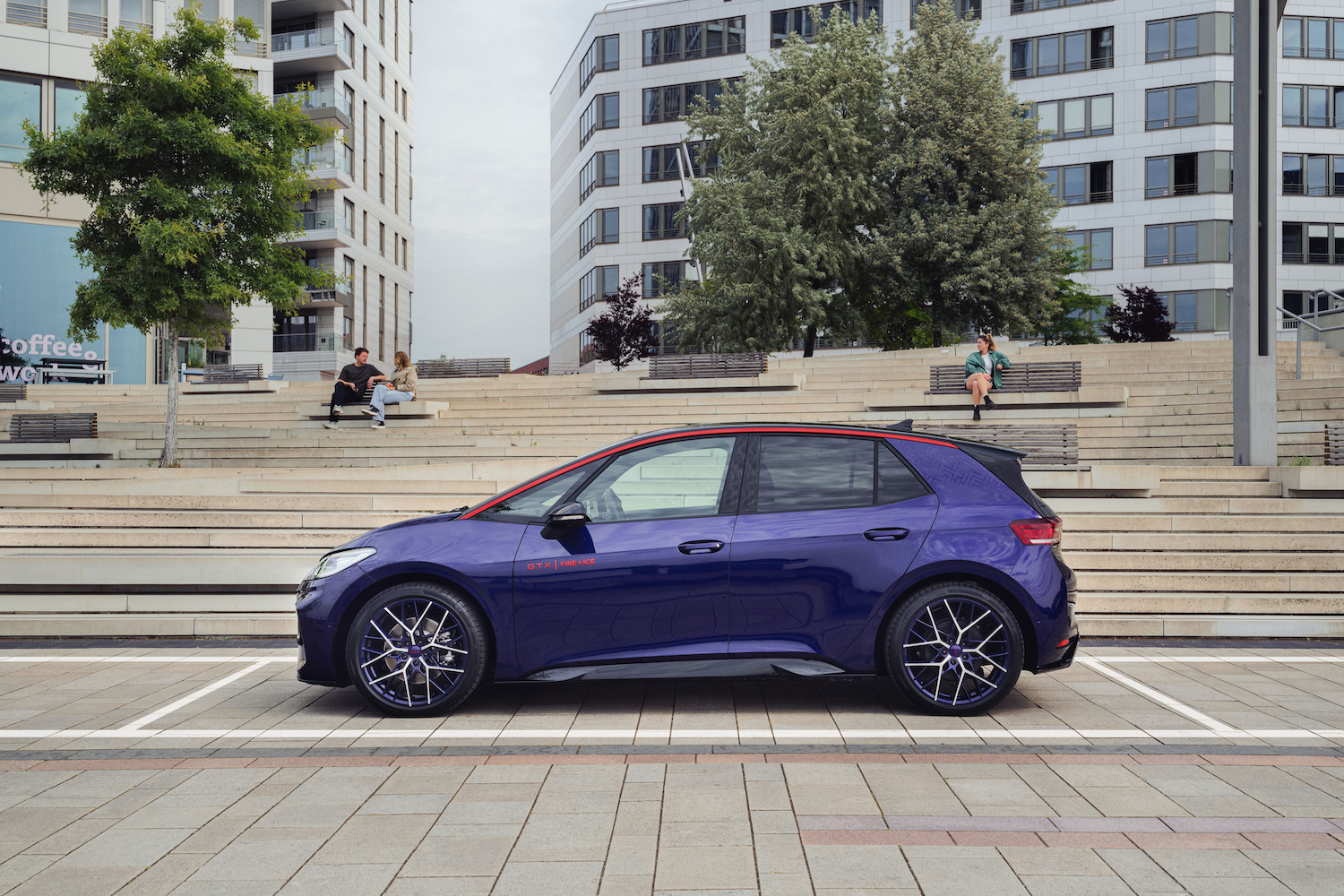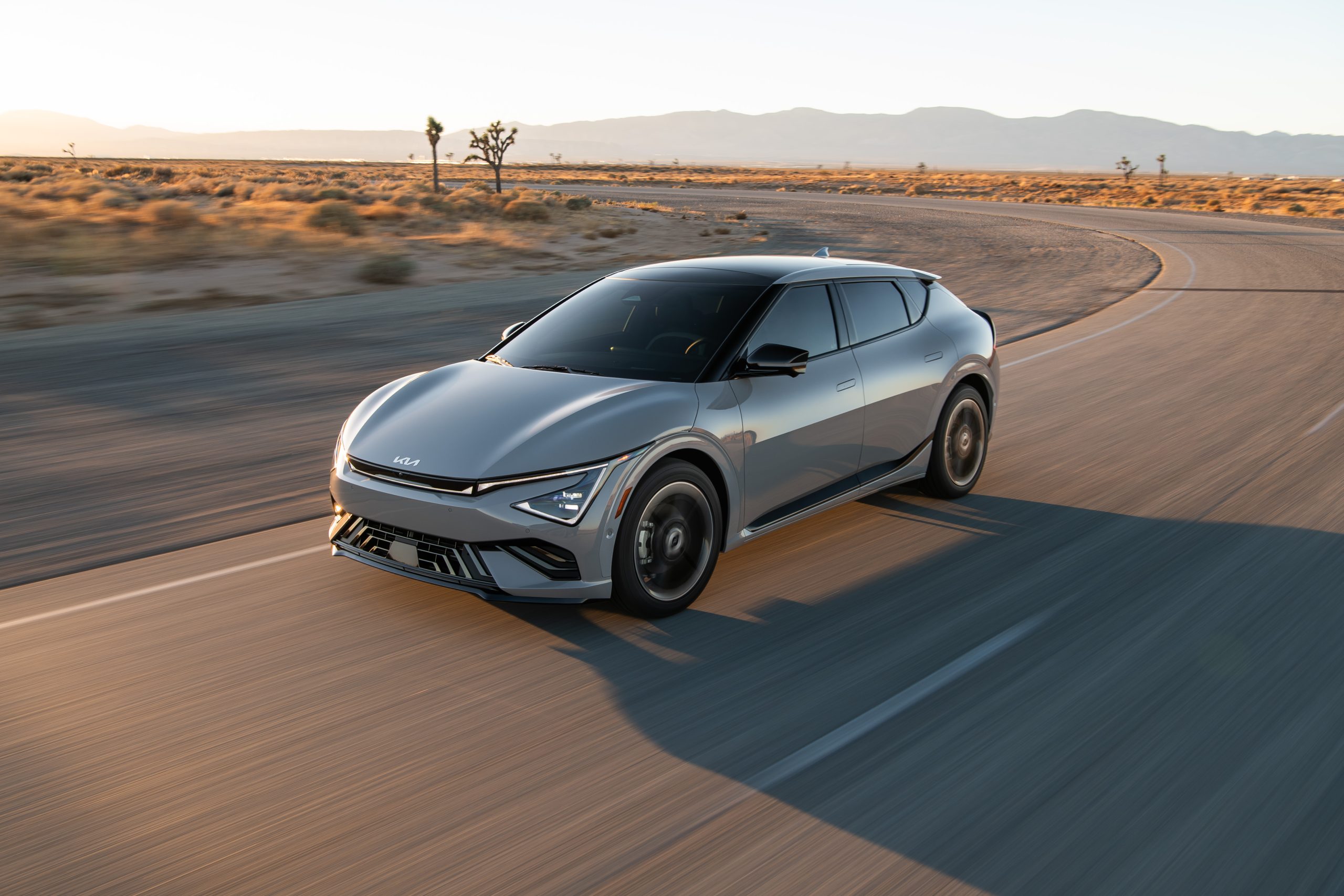New research shows shifting attitudes towards driverless cars


New research has revealed that over a fifth of UK road users (22%)* would trust a driverless car and be comfortable travelling in one.
The study, commissioned by leading vehicle history check and valuation specialists HPI, polled the views of over 2,000 UK adults and also found that men are more trusting of driverless cars than women, with 28% of men happy to use one compared with 16% of women.
The research also indicates that younger generations are more trusting, with a third (33%) of 18-26 year olds at ease with driverless cars compared with 17% of people aged 55-64. The least trusting are the over 65s (12%).
Of all the regions in the UK, Londoners (21%) are the most trusting of the technology, followed by the East of England (19%) and West Midlands (18%). People in Wales (9%) trust driverless technology the least. Almost two in 10 (18%) of Scots said they would trust a driverless car.
HPI’s research discovered that 15% of people think introducing driverless cars will result in safer roads, with just over a fifth (22%) believing that roads will be no more or less safe than they are at present.
A quarter (24%) of respondents said they felt excited when describing their attitudes towards driverless cars, rather than fearful. Almost a third of men (30%) are excited by the prospect of driverless cars on the roads, compared with 18% of women.
A quarter (25%) of men stated they would consider buying a car that could drive itself while they slept or carried out another task such as reading, watching a film or having a meeting, more than double the number of women (12%).
As pedestrians, one in five adults have no concerns about driverless cars on the roads, with 25% of men having zero safety issues compared with 14% of women.
Over two in five (42%) people drive a car with semi-autonomous features such as lane assist, automatic emergency braking, adaptive cruise control or active driving assistance. Slightly more men (43%) than women (40%) said they have semi-autonomous features on their current car. A fifth (21%) of men said they use the semi-autonomous features in their car all the time, compared with just 6% of women.
If alone in a driverless car, 27% of people would describe themselves as the driver of the vehicle, with 46% believing themselves to be passengers.
One in 10 (8%) people believe that car manufacturers do not need to carry out further research and development to convince them that driverless cars are safe for road use.
In May this year, the Automated Vehicles Act (AV Act) was passed into law, providing the legal framework for driverless cars to operate on UK roads. The AV Act sets out all the safety standards, data security, and insurance requirements and could see driverless cars operational as soon as 2026.
Matt Freeman, managing consultant at HPI, said: “Although there is still some work to be done, the legal framework is already in place, which means we could see fully autonomous vehicles on our roads within the next two years. The government is already supporting the development and testing of driverless cars through trials and pilot projects.
“The AV Act aims to improve road safety by reducing human error, which is estimated to contribute to 88% of road collisions. Driverless cars could save lives, reduce traffic, and lessen the longstanding reliance on people to transport freight. Our latest research into public attitudes towards driverless cars presents some insightful findings, and it seems that people are getting increasingly used to the idea.
“For years, drivers have been using autonomous tech in their cars in the form of driver assistance systems. More recently, ongoing tech and major advances in Artificial Intelligence (AI), which underpins the decision-making process that cars have to go through to drive themselves, have taken giant strides towards making autonomous vehicles a serious reality.”
HPI provides the UK’s longest-running vehicle check service, including comprehensive car history checks, free valuations and quick, easy MOT history checks. https://www.hpi.co.uk/
Notes
* Research conducted by a national independent research provider in October 2024, from a nationally representative sample of 2,027 UK adults. Total sample size polled: 2,437. Percentages selected from those respondents who expressed a view.









